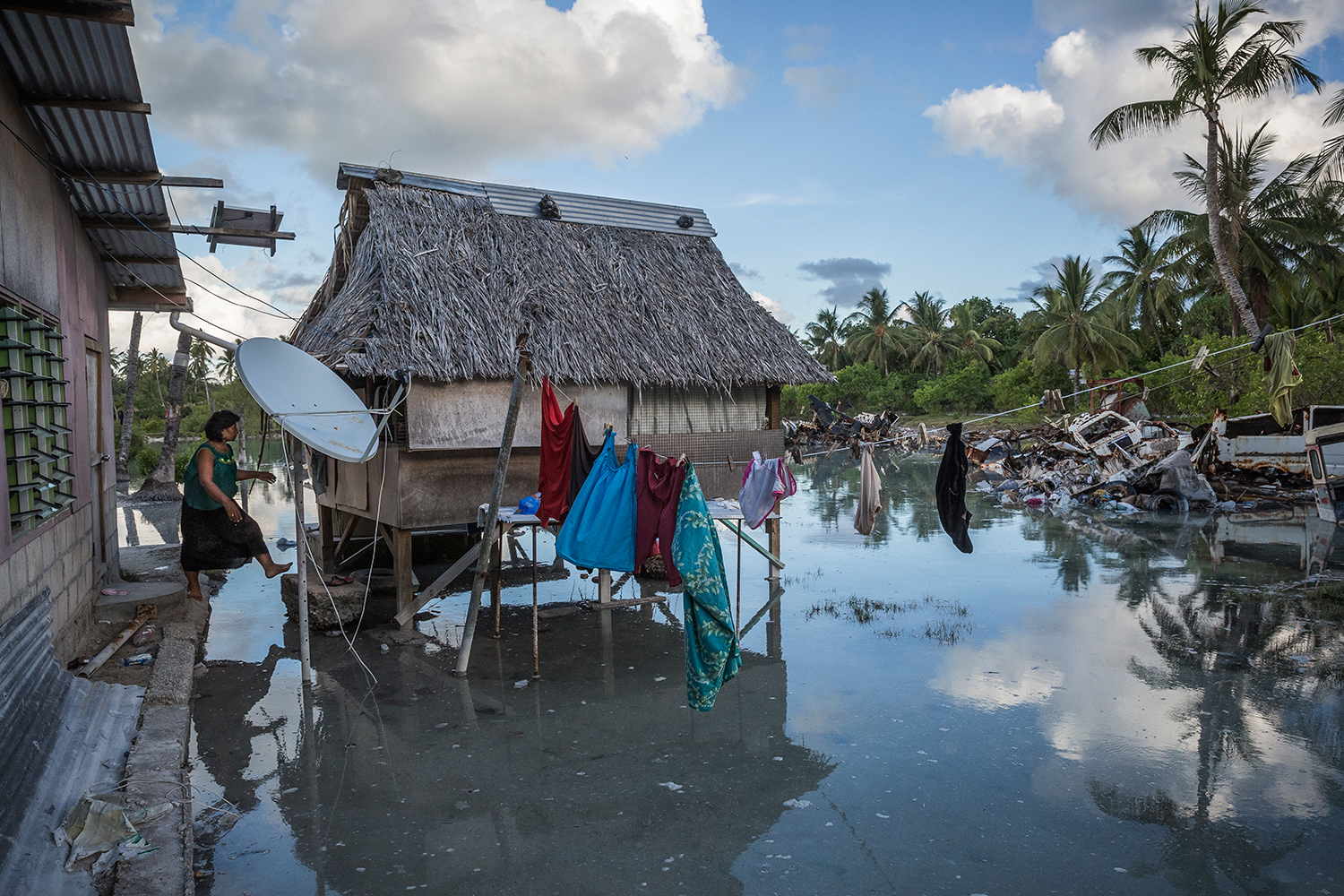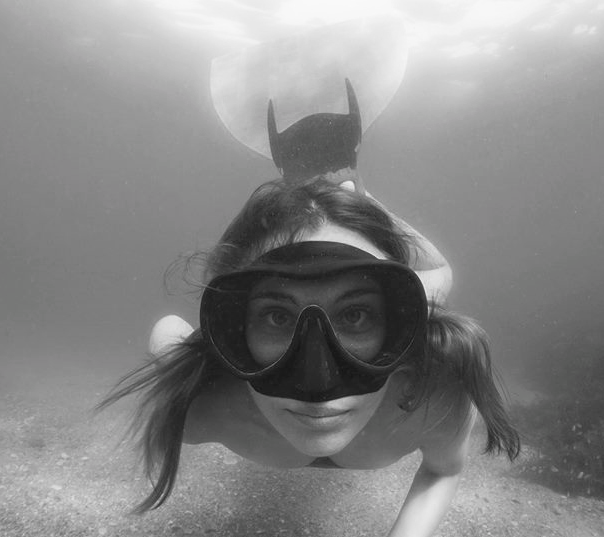Can you cut 1 Tonne of carbon pollution out of your life?
Take the challengeIn the Pacific, storytelling is an art form used to share myths, legends and experiences and draw connections between those things. Storytelling is a safe space to reflect, learn, and listen.
This week, in partnership with the Pacific Calling Partnership Program, we were humbled to hear the stories of young climate leaders who are providing a voice for the Pacific nations on the frontlines of climate change that often go unheard.
The four young climate warriors shared stories of their experiences of the impacts of climate change. There was an overwhelming sense of urgency in the stories we heard, and a unanimous message; our neighbours in the Pacific do not want to move from their home, and if they must it will be with respect and dignity.
For me as a Pacific Islander, I think the story of tonight is we don’t want to move from the Pacific islands. And if we move we want to move with respect and dignity.”- Maria Tiimon Chi-Fang, Pacific Outreach Officer from the Pacific Calling Partnership program

Mariana's story
Mariana Waqa migrated to Australia from Fiji with her family when she was six years old and now studies theology in Sydney. "I am not at the forefront but my connection to my homeland holds me accountable to stand up and say this is happening. This is life and this is what is happening in the pacific."
Mariana explained how the realities of climate change for those in the Pacific set in for her after visiting Fiji in 2013 and spending several weeks in the outer islands. Unlike life here in Australia, where we can get almost anything we need from the shops, in the Pacific Islands food sources are reliant on healthy gardens and an abundant sea.
"The daily conversations are around food. What will we eat tonight? Do we have vegetables from the gardens and do we have fish? It opened my eyes to how different their (Pacific Islanders) lifestyle is to my lifestyle here in Australia."
Mariana mentioned cyclone Winston, which displaced or directly affected either personally, structurally or economically around 350,000 people. For a population of only one million, that is a devastating figure. "What we don't realise is we are not just talking about economic relief and help, we're talking about livelihoods. We're talking about the psychological effects that happen to their families and children. How do we re-build those kinds of things?"
Read more: Climate-Displaced Persons Deserve A Dignified Transition. Here's How To Make It Happen.
"How do you live your life? Are you constantly going to be putting your hand out for relief? Is that dignity? Is that how we would want to survive here? To constantly be reliant on someone else to fund our livelihoods, to feed us and feed our families?"- Mariana Waqa
Often those who contribute the least to climate change are the ones worst affected. "People in Kiribati and Tuvalu are facing the reality of what we argue and debate about over here in the comfort of our homes and buildings. They're the ones that are facing the full brunt force of what is happening."
Melala's story:
Fijian-Australian Melala wants to show other Pacific Islanders that they have a voice and influence over the impacts of climate change and shared the experiences from her family who live in Fiji.
"My mother's village was almost completely destroyed. My grandfather in Fiji had trouble growing crops. I'm concerned about their future, about what could happen to them in the future."
Melala urged us to continue to pressure politicians and to support our brothers and sisters in the Pacific.
“Almost every politician we’ve spoken to has talked about climate change and managing the economy. For these islanders it’s not about money, it’s not about jobs, it’s not about profits. It’s about their very existence.”- Melala Turagalvlu

[Image caption] Etana Matthew, 58, jumps from her house to her 'kiakia,' a traditional Kiribati house flooded during high tide. Aberao village where she lives is one of the most affected by sea level rise. The sea wall that is supposed to protect her village is repeatedly broken during high tide by the waves. Photo: Warm Waters - Vlad Sokhin/Panos Pictures
Kuata's story
Kuata is from Tuvalu, which is made of 8 small atolls near Fiji. Kuata referred to climate change as "Tuvalu's worst enemy."
Kuata showed us a photo taken before tropical Cyclone Pam of an island that belonged to Tuvalu's capital, Fanafuti. Kuata explained this island was completely inundated during the cyclone; "The hungry sea took the island away". Kuata believes that in years to come more islands will vanish, just like this one.
Read more: Vlad Sokhin is collecting photographic evidence of climate change in the Pacific
"We have paid the ultimate price. We hardly deserve it; we hardly contribute to greenhouse gases".- Kuata Taumaheke
Maningare's story
Maningare Bwamatang ended the night of storytelling with a song, asking us to "hear our cries. We want to live on the shores and not be victims of climate change."
The raw stories we heard from these young climate leaders were a glimpse into what our neighbours in the Pacific are experiencing every day.

